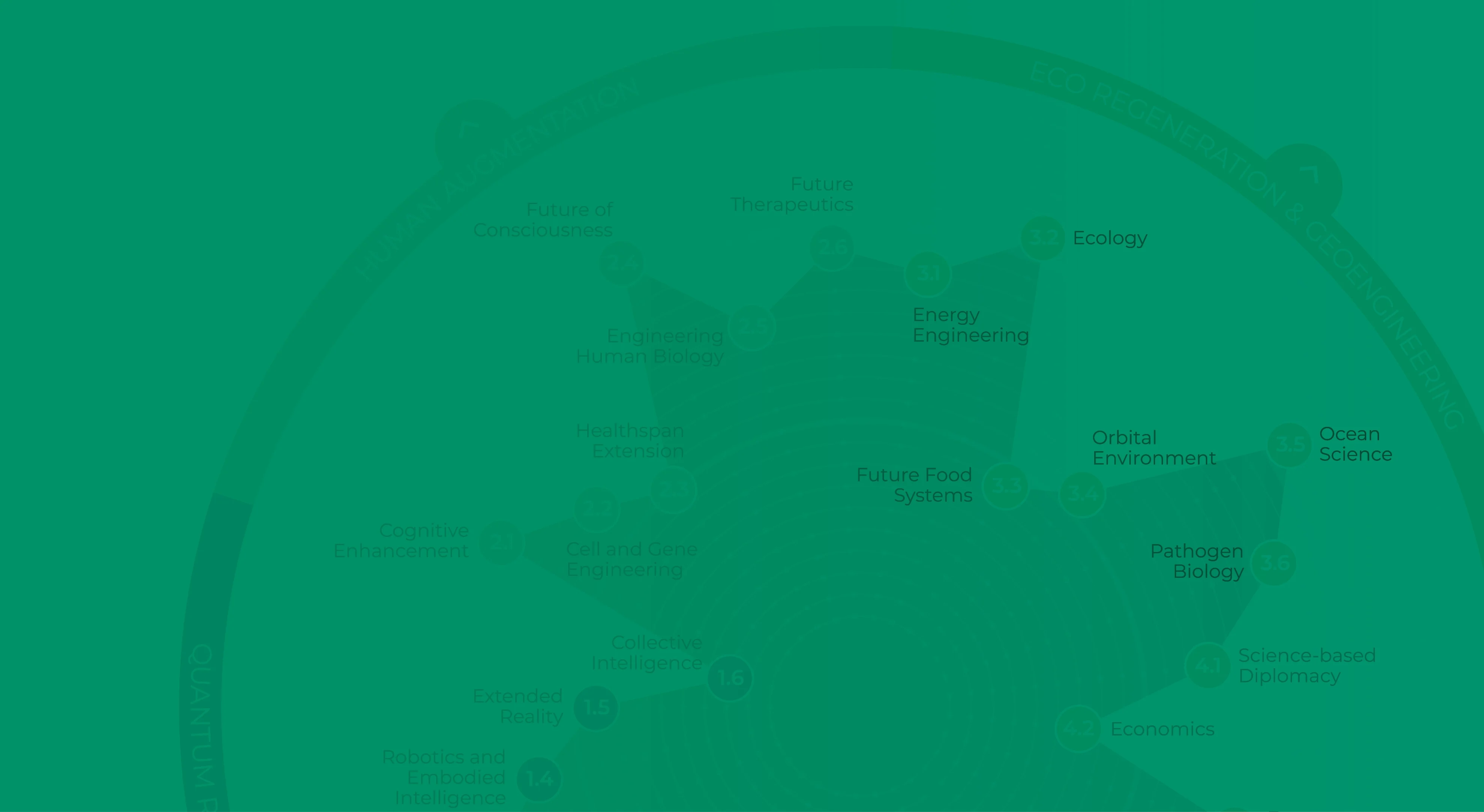Containing deep insights into anticipated advances in Eco-Regeneration & Geoengineering over the next 5, 10 and 25 years, the GESDA Pulse of Science provides the expert opinions of leading researchers across the fields of energy engineering, ecology, future food systems, orbital environment, ocean science and pathogen biology.








